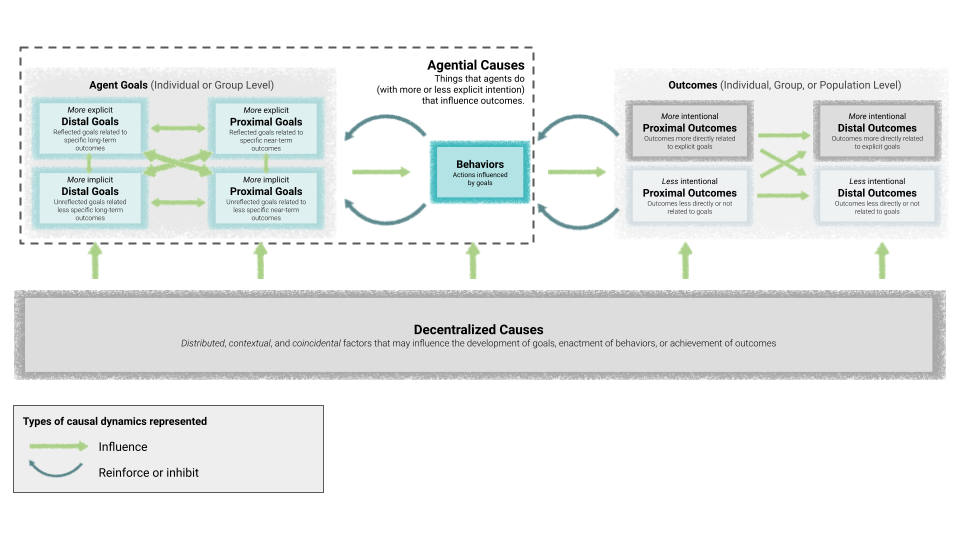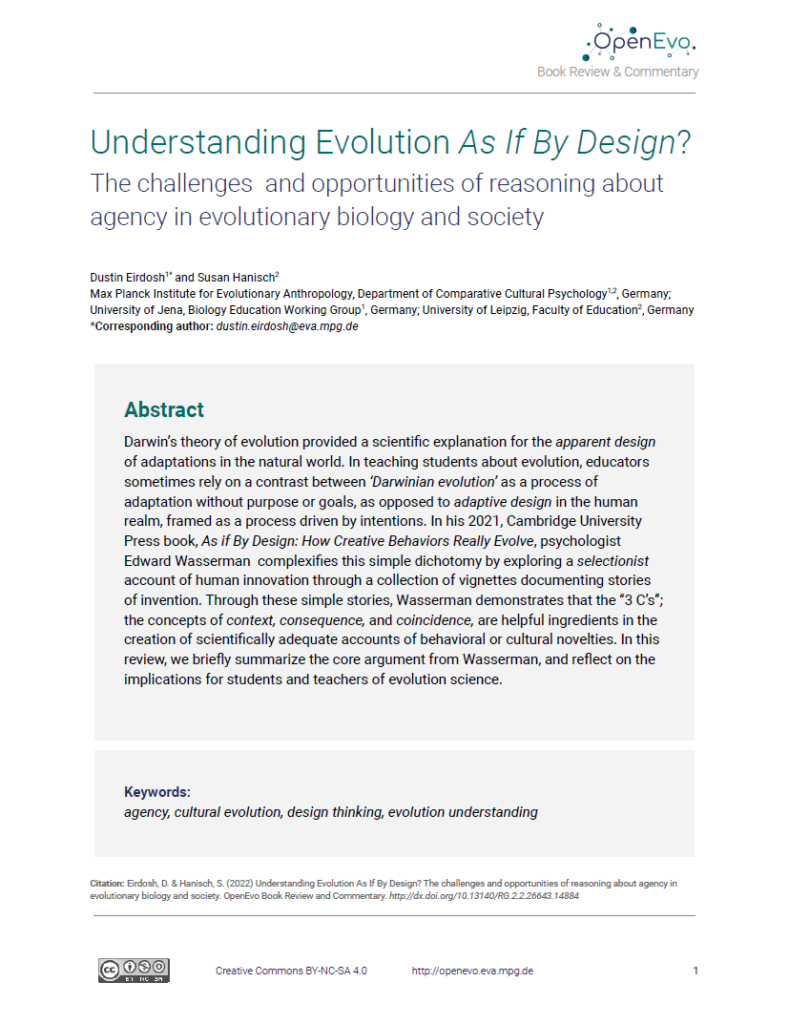Goals, Behaviors, and Outcomes
Humans intuitively think about the goals and behaviors of ourselves and others. Other humans, other animals, robots, and even just simple animated shapes, can evoke within us a sense that there is an agent behaving in relation to some kind of goal, usually some outcome that matters to them.
Sometimes this intuition to think about goals is very helpful, and sometimes it can lead us astray. Below are some concepts, perspectives, and tools for thinking more clearly about the relationship between goals, behaviors, and outcomes.
How do everyday humans think about goals, behaviors, and outcomes?
Humans are born with a genetic starter kit that primes us to learn from our cultural environments how to think about the goals and behaviors of ourselves and those around us. Despite this capacity being a foundational aspect of human cognition, we are also liable to make many errors when thinking about the specific relationships between goals, behaviors, and outcomes in the complex systems we find ourselves in.
The common misconception described in the box on the right is one that relates to the intuitive drive to think of complex systems in terms of agents with goals. It highlights that this intuition may also prevent us from seeing the many decentralized (i.e. agency-independent) causes that pervade life and society.
It is for this reason, we need to develop our metacognitive awareness of what it means to engage in agential thinking and how it relates to seeing and understanding decentralized causes.
This is the foundation for developing more scientifically adequate thinking.
Misconception: Humans are like Gods, Genies, or Geniuses
Throughout history and common to the folk psychologies of many modern cultures, humans sometimes don’t see all the complex, contextual, incremental, coincidental, and otherwise, non-agential processes that may contribute to the successful innovation of an individual or community. That is, folk narratives often engage the “myth of the heroic inventor”; ascribing capacities more akin to Gods, Genies, or Geniuses, than of average humans, in the creation of some novelty or cultural success.
For a deeper look, watch the video below with Dr. Michael Muthukrishna:
How do scientists think about goals, behaviors, and outcomes?
The cultural tools of scientific inquiry, from across many natural and social science traditions, have produced some deeper insights into the complex space of possible relationships between goals, behaviors, and outcomes. The conceptual model below offers a minimal and generalized clarification of some important causal relationships, many of which humans are only sometimes aware of in our everyday reasoning.
Goals (which can be more or less explicit and time specific) often motivate behaviors, which can have more or less intentional outcomes over short-term (proximal) or longer term (distal) timescales.
Humans often see the more proximal and intentional outcomes of our actions, but may not see or understand the myriad less intentional and more distal impacts that ripple from our actions. Additionally we may not see the complex, contextual, and coincidental factors that may also influence the outcomes of our behaviors.
Putting the pieces together: Agency + Other Causes = Outcomes
Scientists often debate whether something is caused by the actions of agents, or rather by other causes, not influenced by the agents, but the chance occurrences of the environment (i.e. decentralized causes).
Many (perhaps most) phenomena in the world are caused by some interaction of agential and decentralized causes.
Agential Causes
Factors related to the goals and (more or less intentional) behaviors of agents that influence outcomes.
Decentralized Causes
Distributed, contextual, and coincidental factors that influence outcomes.
Whether one is studying evolutionary biology, human history, human development, or predictions about the future, clarifying and relating these two causal concepts is a key to scientific reasoning. Scientists develop concepts, theories, and research that enable us to think clearly and specifically about the aspects of a system that agents are able to influence, and the many other decentralized factors within the complex causes of the specific outcomes we may be interested in.
In our book review and commentary, Understanding Evolution As If By Design? We take a deeper look at how scientists in various scientific and design disciplines think about the concept of “design” itself, highlighting the need for integrated reasoning about agential and decentralized causes across biology and society.
Other tools for Understanding Agency
Deepen your understanding of agency across diverse contexts by exploring the similarities and differences between concepts of learning and evolution. Then, develop your skills in reasoning about the role of agency and decentralized causes in processes of adaptation using The Triad as a thinking tool.
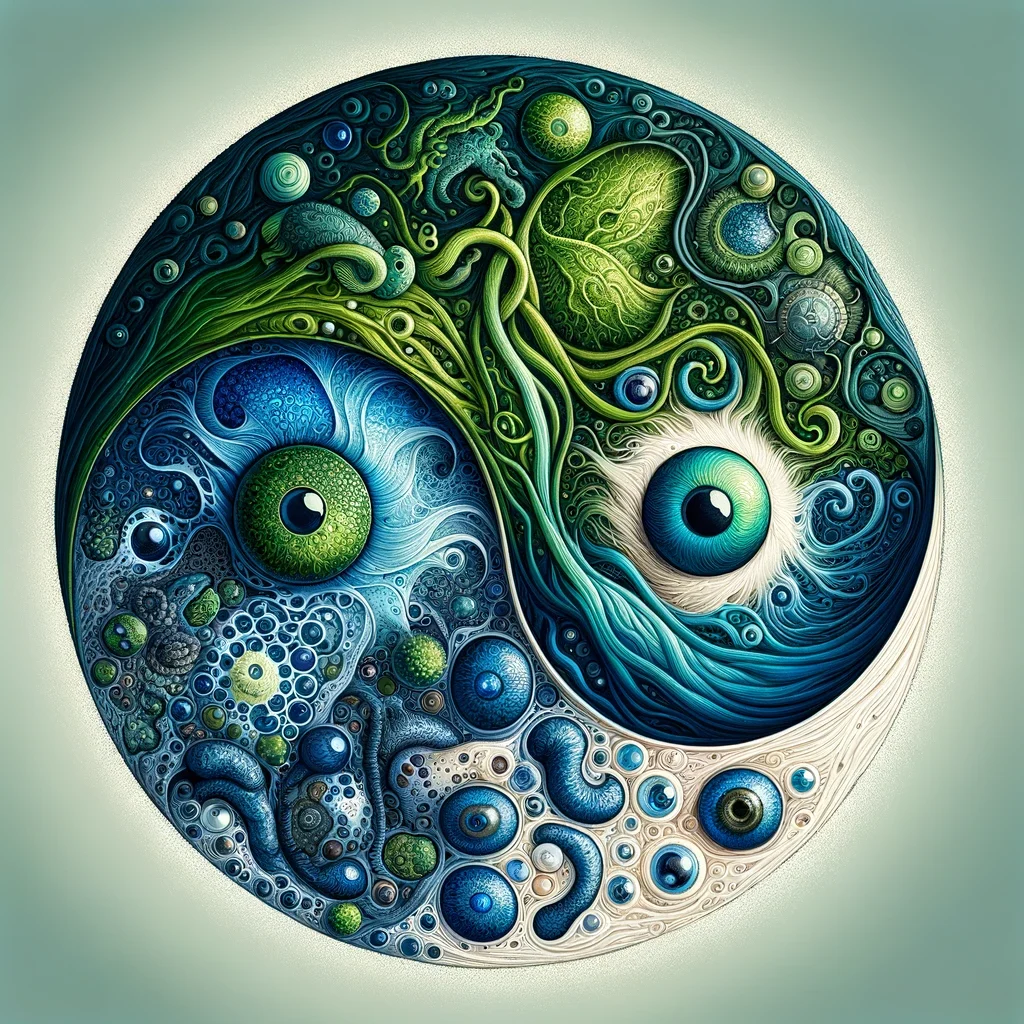
Understanding Agency
Tools for thinking about the origins, diversity, and flexibility of goal-directed behaviors
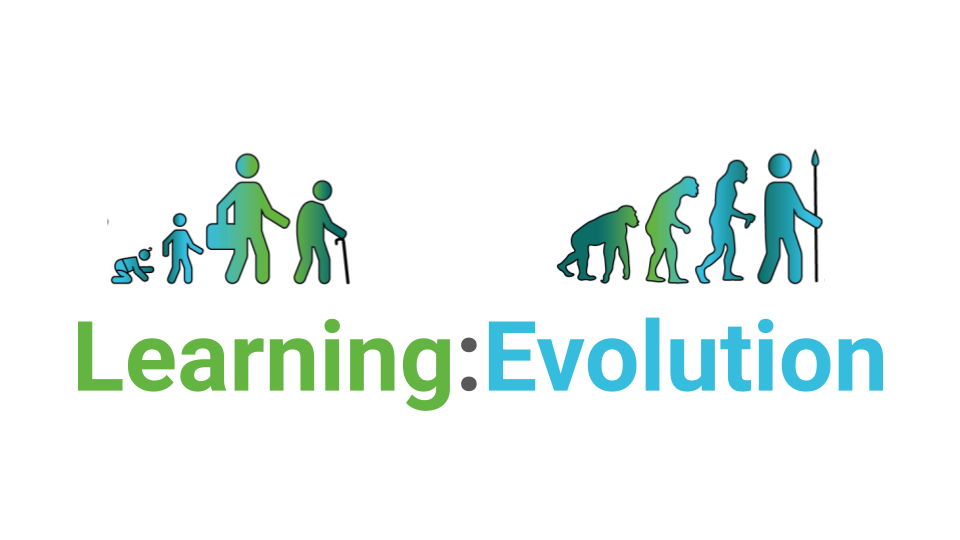
The Learning:Evolution Analogy
Learning and Evolution are processes that are both similar and different, in important respects. What can humans learn by comparing these processes?
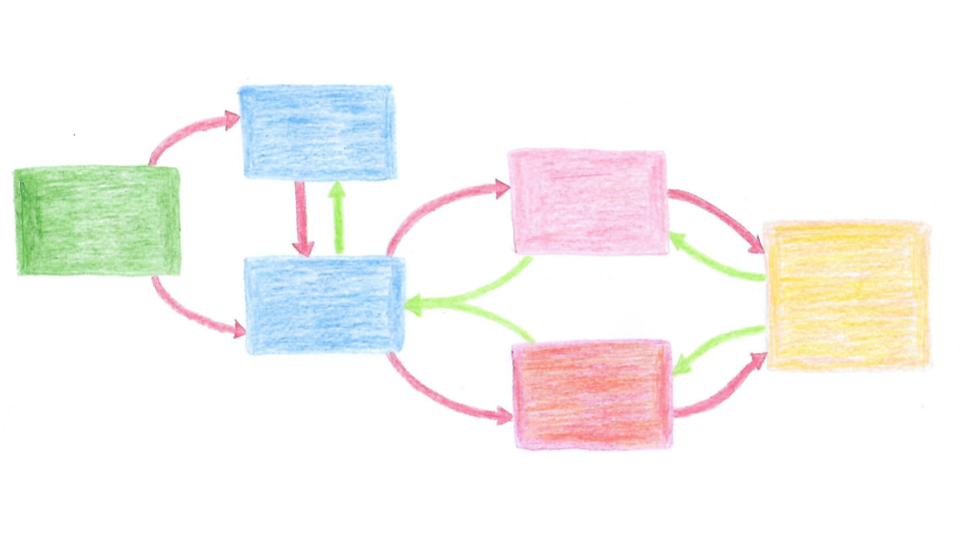
Agency in Evolution Education
A page for researchers interested in the concept of agency as it relates to learning theories of evolution, including natural selection in biological systems.
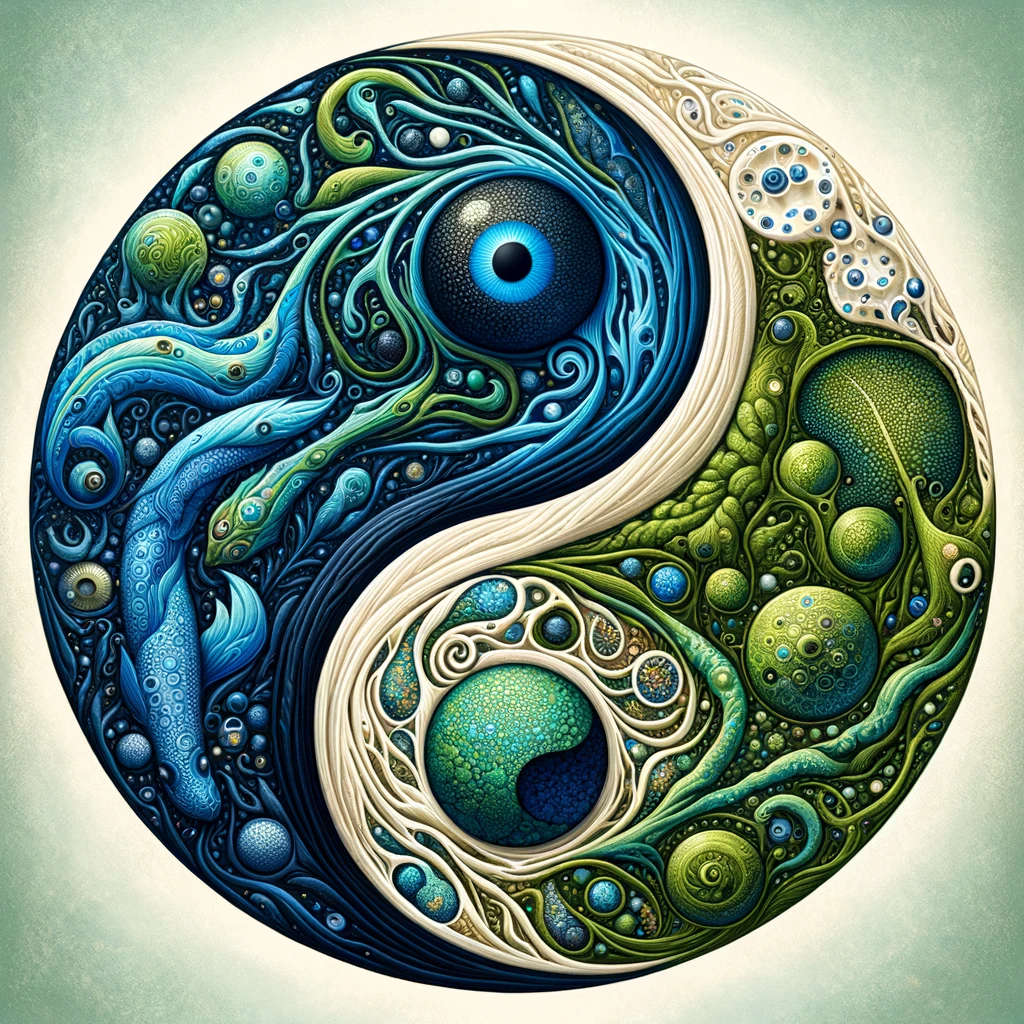
The Decentralized Self
The human brain is the seat of human agency, and yet this agency is caused by cellular agents unaware of our larger human goals.


